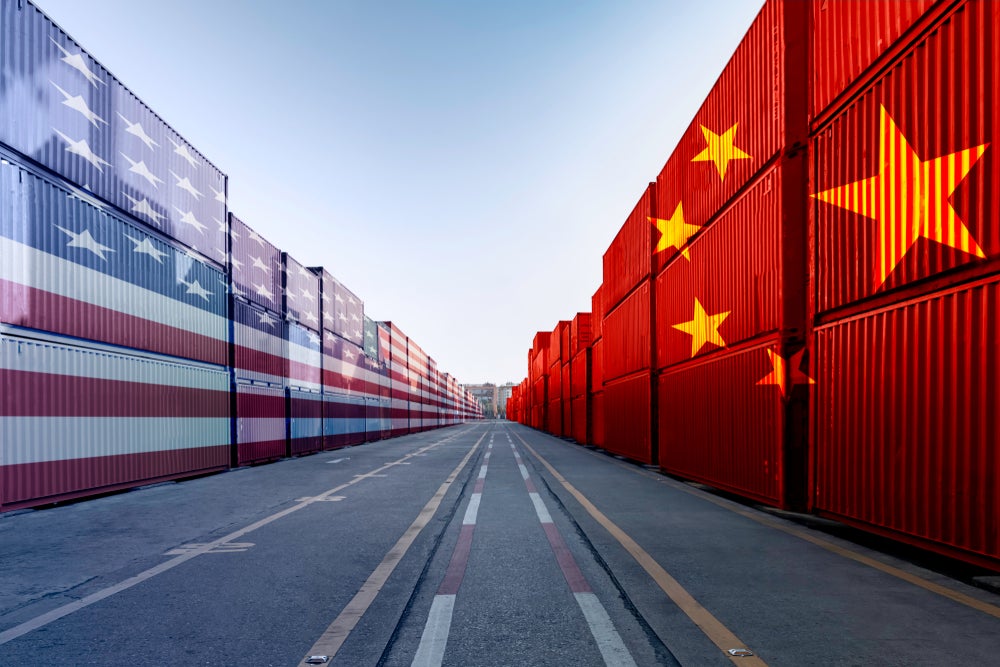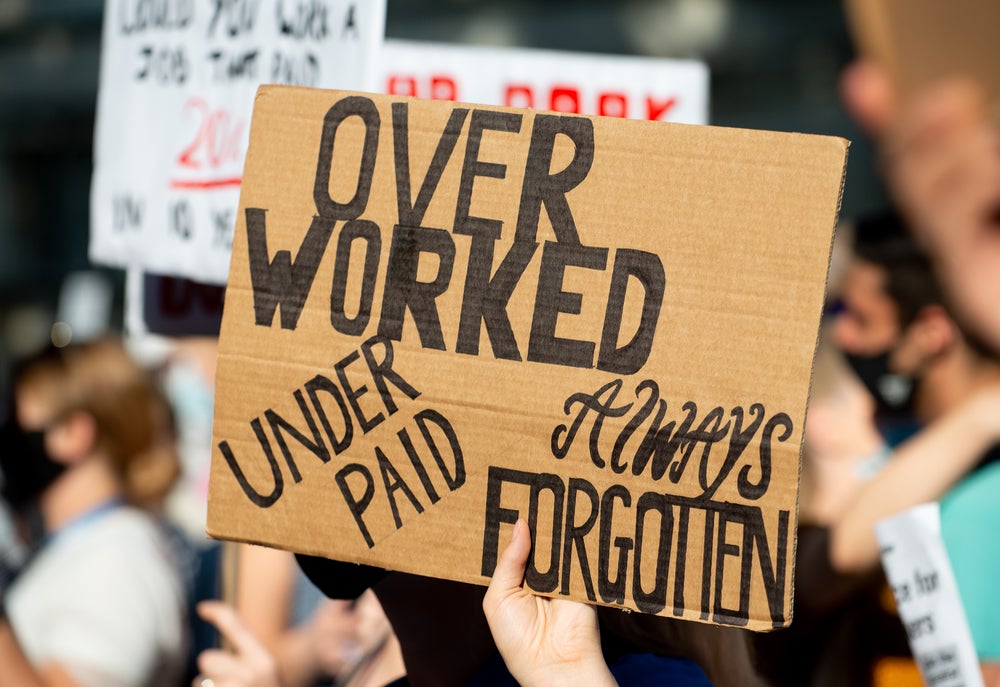A bipartisan group of US Senators seek immediate action to combat what they describe as China's "illegal trade practices," which they warn could lead to a "coming disaster" for domestic textile and apparel production and employment and throughout the Western Hemisphere.
Senators Thom Tillis Sherrod Brown, Raphael Warnock, Ted Budd, J.D. Vance, Tim Scott, Lindsey Graham, and Ben Ray Luján have asked President Biden to convene an interagency meeting with key leaders from the US Trade Representative, Department of Commerce, Department of Homeland Security, Department of the Treasury, and the National Security Council.
The meeting would aim to "identify the root problems, develop robust and urgent solutions, and engage directly with US textile and apparel industry and regional allies".
The senators explain the importance of the US textile and apparel industry to national security, healthcare, and the economy, highlighted US textile production supports over 500,000 jobs with $39bn in annual shipments.
The senators expressed concern over the impact of China's "aggressive and illegal practices" on US supply chains, including transhipment, undervaluation of cheap products and forced labour as well as skirting tariffs, and penalties.
NCTO president and CEO Kim Glas commends the bipartisan group of senators for their initiative. Glas thanked senators Tillis and Brown for leading the effort and highlighted the urgent need for action to address a wide range of illegal trade practices "severely impacting" the US textile and apparel industry.
She points out the industry is being overwhelmed by a multitude of challenges, including a lack of effective customs enforcement, unfair trade practices fuelled by the 'de minimis' loophole, import fraud undermining free trade agreements, and forced labour infiltrating supply chains through other markets.
The senators' letter outlines specific actions the Biden administration should take, including:
- Stepped-up enforcement against forced labour-subsidised textiles and apparel
- Ending duty-free treatment for clothing made with forced labour under de minimis
- A comprehensive review of executive authorities to hold China accountable for its "predatory" trade practices.
Glas agrees with the senators' suggestions and adds: "To maintain the industry's operations and competitiveness, the administration must take immediate steps to increase its enforcement activities and crack down on systemic abuse that is undermining the very fabric of our domestic textile supply chain and its workforce."















